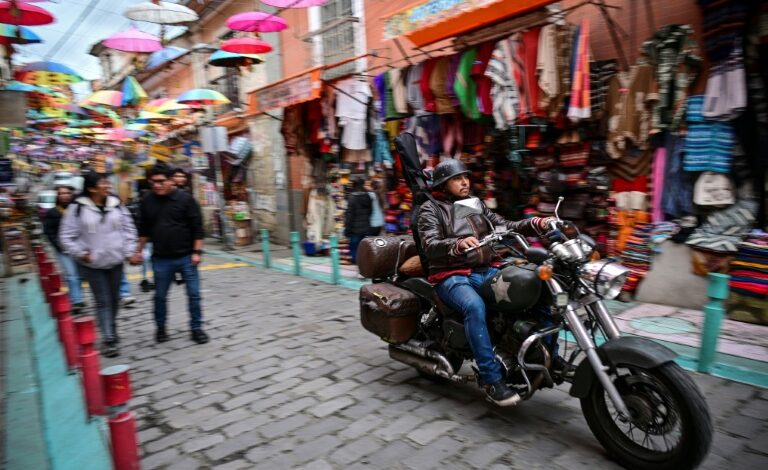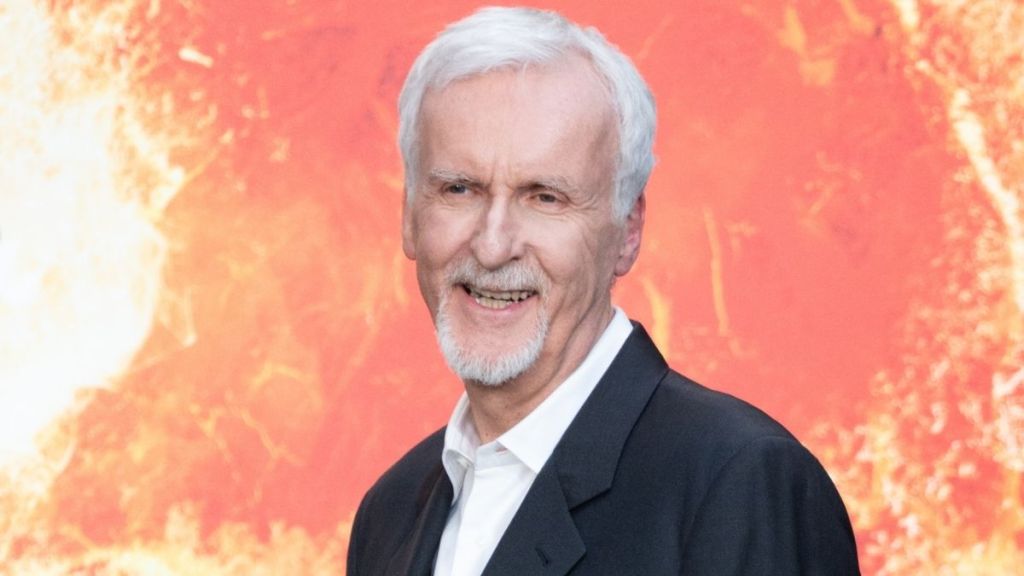Bolivia Votes to End Socialism in Search of Economic Recovery

Bolivia is poised to elect a new president on November 5, 2023, marking a significant shift away from two decades of socialist governance. The elections offer a choice between two pro-business candidates: economist and senator Rodrigo Paz, 58, and former interim president Jorge Quiroga, 65. This transition comes as the country grapples with a severe economic crisis, characterized by soaring inflation exceeding 20 percent and critical shortages of dollars and fuel.
In the first electoral round in August, Bolivians expressed their discontent with the ruling Movement Toward Socialism (MAS) party, founded by former president Evo Morales. The results indicated a clear rejection of the policies that have led to the current economic turmoil. The upcoming election is not only a pivotal moment for the nation but also serves as a referendum on the past two decades of governance.
Economic Challenges and Public Sentiment
Bolivia, a nation of approximately 11.3 million people, faces its worst economic crisis in four decades. Long queues at gas stations have become a routine sight, with citizens expressing their frustration over rising prices and dwindling resources. “The situation is terrible, we don’t know what’s going to happen. Everything is very expensive… I hope it doesn’t go up more,” lamented Felicidad Flores, a 67-year-old street vendor in La Paz. Similarly, driver Javier Quispe, 40, waiting in a kilometer-long fuel line, remarked, “We are worse off than before; the lines are longer. There isn’t much hope that things will change.”
Analysts warn that the new president will face immediate challenges. Daniela Osorio from the German Institute for Global and Area Studies noted that public patience is waning. She cautioned, “If the winner does not take measures to help the most vulnerable, this could lead to a social uprising.” The economic decisions ahead will carry significant social costs, raising the stakes for the incoming administration.
Candidates’ Proposals and Future Directions
Both Quiroga and Paz have put forward their visions for reviving the economy, which is currently in recession according to the World Bank. Quiroga advocates for attracting international investment and foreign loans, while Paz promotes a “capitalism for all” strategy that emphasizes decentralization, lower taxes, and fiscal discipline. Both candidates aim to preserve social programs but face skepticism from economists who argue that stabilizing the economy while maintaining these programs may be untenable.
In a crucial move, both candidates have suggested cutting the universal fuel subsidy, limiting it to public transportation only. This proposal reflects a recognition of the need for fiscal reform, though it could also provoke public backlash. Bolivian sociologist Maria Teresa Zegada emphasized the difficulties the new president will encounter, particularly given that neither candidate is likely to secure a majority in Congress. This outcome will require them to negotiate with opposition parties, complicating the legislative process.
The political landscape remains complicated by the enduring influence of Evo Morales, who, despite being constitutionally barred from seeking another term, remains a significant figure. His presence poses potential challenges for the new administration, particularly as he faces an arrest warrant for allegations of human trafficking, which he vehemently denies.
As nearly eight million voters prepare to head to the polls, the outcome of this election will not only determine Bolivia’s immediate political future but also set the course for its economic recovery. The current president, Luis Arce, is set to leave office on November 8, 2023, after serving a single term, paving the way for a new chapter in Bolivia’s governance. The nation stands at a crossroads, with its citizens hopeful for change amid deep-seated economic challenges.






